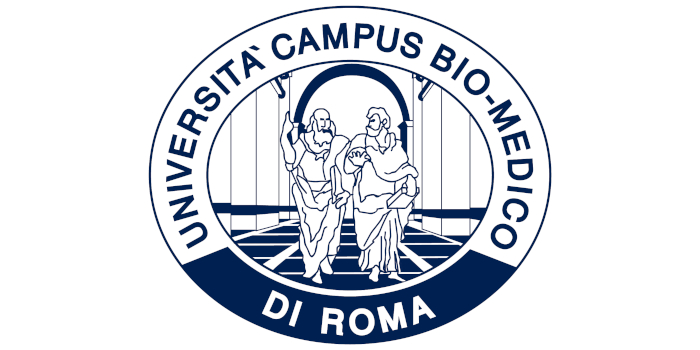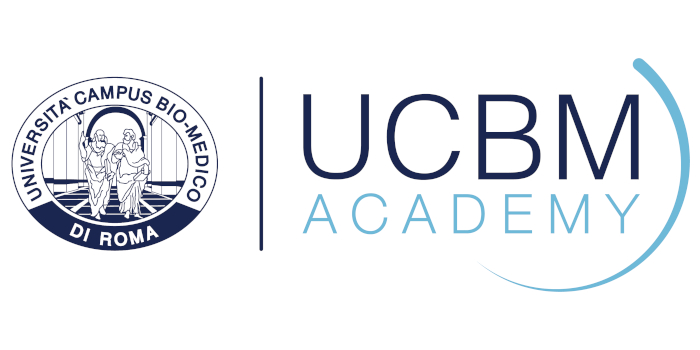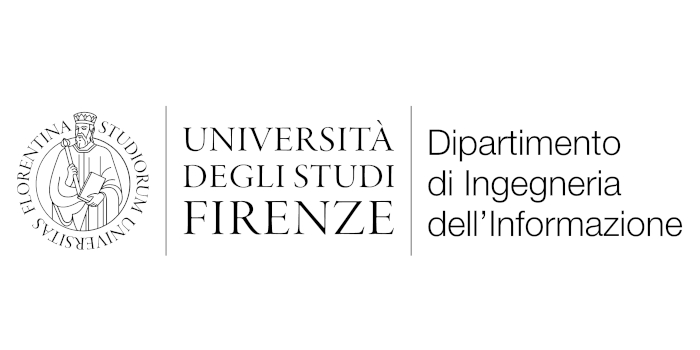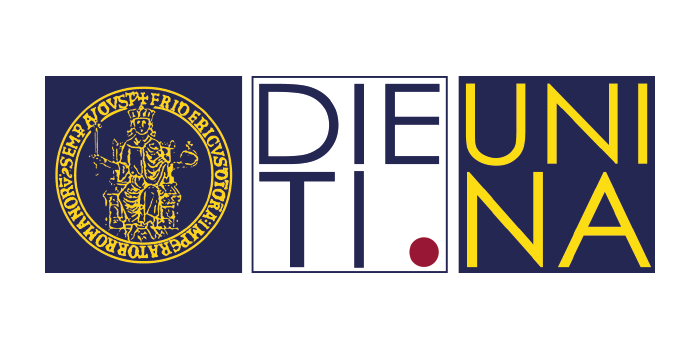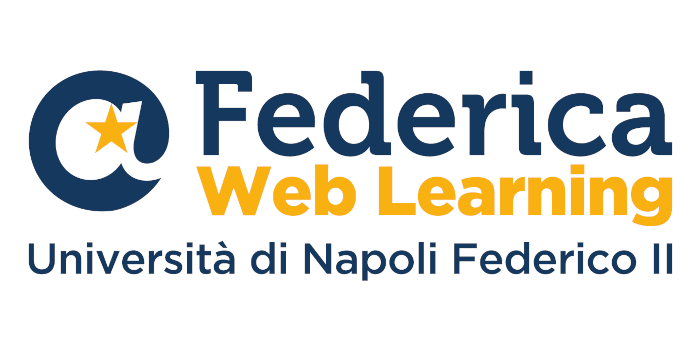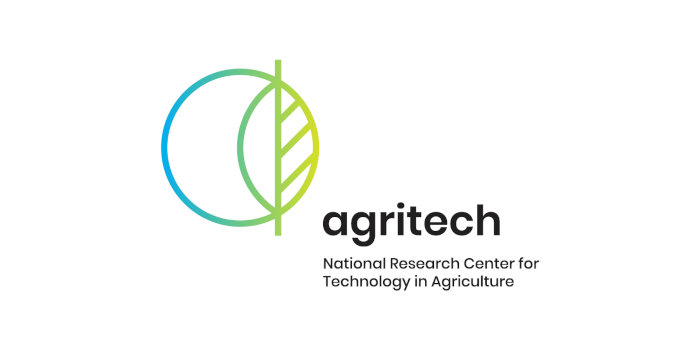SPECIAL SESSION #10
Multimodal Sensing for Human Wellbeing in Industry 5.0 and Healthcare
ORGANIZED BY
Sara Casaccia
Polytechnic University of Marche, Italy
Gian Marco Revel
Polytechnic University of Marche, Italy
Carlo Massaroni
Campus Bio-Medico University of Rome, Italy
SPECIAL SESSION DESCRIPTION
In the era of Industry 5.0, the measurement of human wellbeing is becoming a key objective across diverse domains, from industrial and occupational settings to healthcare and smart living environments. Continuous monitoring of human activities, physiological parameters, and cognitive and emotional states provides valuable insights into overall wellbeing. Such information supports the early detection of stress, fatigue, cognitive decline, or other risk factors, enabling preventive and personalized actions that enhance safety, performance, and quality of life.
In industrial and occupational settings, monitoring workers’ fatigue, repetitive tasks, and cognitive load can help reduce stress, optimize workload management, and improve safety and productivity. Innovative sensing solution, such as contactless technologies (e.g., cameras, radar, ultrasonic, environmental sensors) and wearable sensors integrated into IoT networks, allow real-time, unobtrusive assessment of physiological and behavioral states.
In healthcare, assistive, and domestic environments, measuring the daily activities of vulnerable individuals enables the identification of prodromal patterns, falls, and early signs of cognitive decline. Monitoring caregivers’ fatigue and stress levels can also inform interventions that improve care quality and support overall wellbeing.
This special session invites researchers and practitioners to explore multimodal sensing technologies for quantitative and qualitative wellbeing assessment, covering topics such as sensor technologies (contact and contactless), data analysis and fusion, uncertainty evaluation, privacy-preserving monitoring, human-centered design, and cross-domain applications. By fostering dialogue between sectors, the session highlights how advances in sensing, AI-based analytics, and ethical integration can lead to robust tools to assess and promote human wellbeing across a wide range of real-world contexts, supporting the vision of human-centric industry 5.0.
TOPICS
Topics of interest include (but are not limited to):
- Multimodal sensing for wellbeing assessment (physiological, behavioral, environmental data);
- Contact and contactless sensor technologies (e.g., wearable, vision-based, radar, thermal);
- Measurement uncertainty and standardization in wellbeing-related metrics;
- Privacy, ethics, and data governance in human monitoring;
- AI, ML and data fusion for stress and fatigue detection;
- Human-centered and participatory design approaches;
- Cross-domain applications: from Industry 4.0 and Industry 5.0 ergonomics to telemedicine and rehabilitation;
- Monitoring and managing worker stress, fatigue, and cognitive load in real-world industrial settings;
- Evaluation frameworks and real-world validation studies.
ABOUT THE ORGANIZERS
Sara Casaccia is an Assistant Professor at the Department of Industrial Engineering and Mathematical Sciences (DIISM) of Università Politecnica delle Marche (UNIVPM), working in the field of Mechanical and Thermal Measurements. She received her Ph.D. in Industrial Engineering from UNIVPM in 2015. Her research focuses on measurement methodologies for wellbeing and comfort in the built environment, quality assessment, and non-invasive monitoring techniques, with a special interest in data analysis and artificial intelligence applications for smart environments, Ambient Assisted Living (AAL), and physiological and environmental parameters.
Gian Marco Revel is Full Professor of mechanical and thermal measurement at the Università politecnica delle Marche (UNIVPM), Ancona, Italy where he is Rector Delegate for European Research. He received the Ph.D. degree in mechanical measurements from the University of Padua, Italy in 1998. His research focuses on sensors and measurement technologies for buildings, health and industrial applications.
Dr. Carlo Massaroni received his BSc (2010) and MSc (2012) in Biomedical Engineering and Ph.D. in Bioengineering (2017) from Università Campus Bio-Medico di Roma (UCBM). Currently, he is Tenure-Track Assistant Professor at UCBM. His research interests are focused on the design, development, and tests of sensors, measuring systems and devices for mechanical and thermal measurements, with particular emphasis on the design of wearable and unobtrusive systems for the measurement of physiological and biomechanical parameters. He is principal investigator and WP leader in several ongoing national and international projects dealing with wearable and unobtrusive technologies for physiological monitoring and biomarkers estimations in the medical, occupational and sports fields. He is a Senior Member of the IEEE, and serve as Secretary in IEEE Sensors Council Italy Chapter. He is also Associate Member of the "Wearable Biomedical Sensors & Systems" TC of the IEEE EMB.




